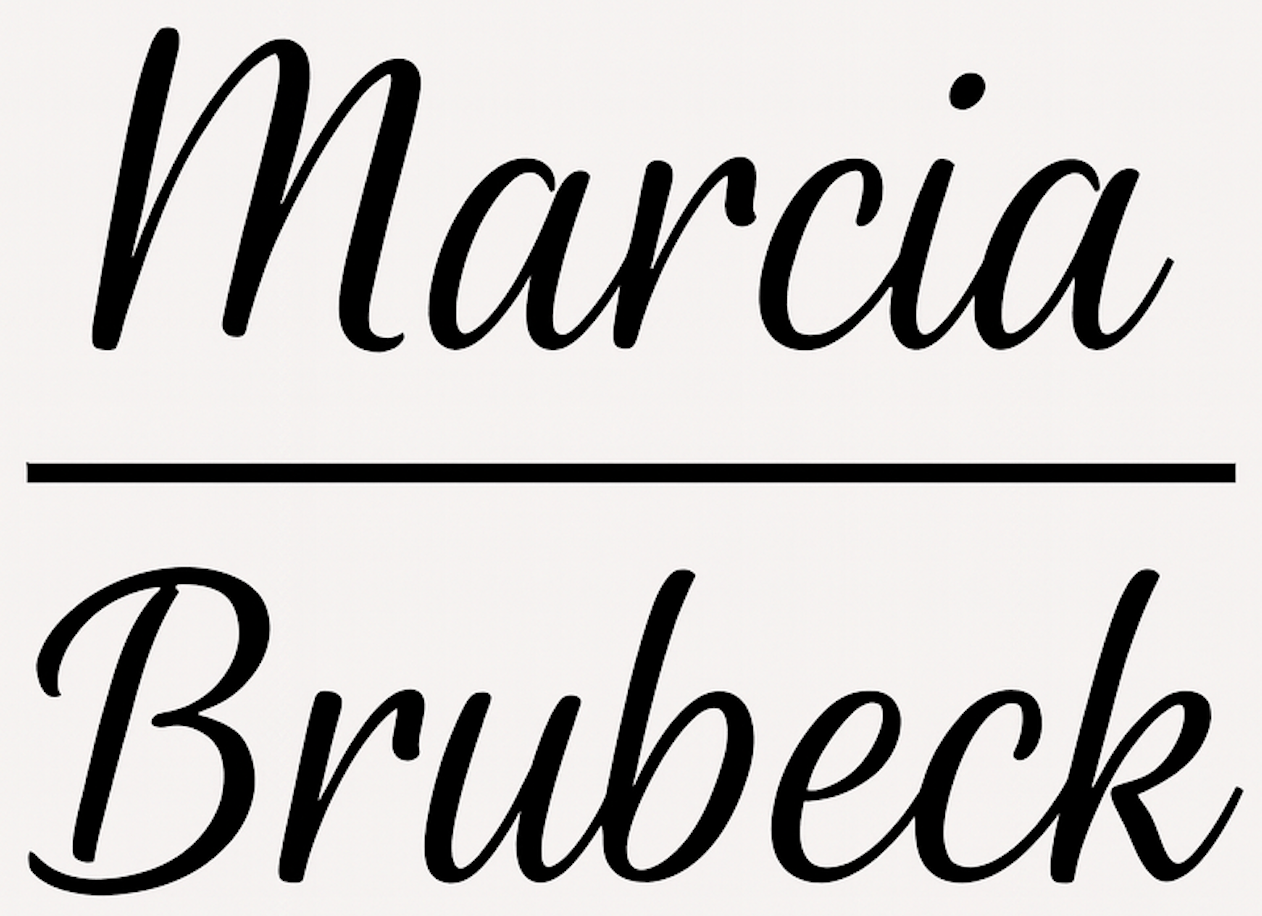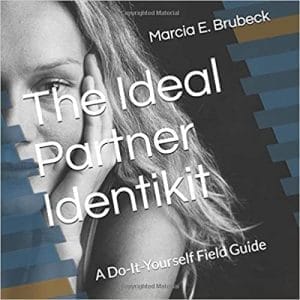
How to Discover Your Unique Personal Vision
Too often as we pursue our daily lives we have no sense of overarching purpose. We assume that what we want will somehow magically come if we keep putting one foot in front of the other. We will recognize the mysterious thing we desire when we see it.
Not only is this way of living unsatisfying, but it prevents us from shaping our lives so that we experience stimulating challenges and an overall sense of meaning every day.
If this sounds like you, step back and look at the big picture. What are you aiming for? What does the good life look like? What are your goals? All of these should fit within your personal vision. If you could live however you wanted, with a lack of money no obstacle, what would you do?
Many people have followed all of the “rules” of modern society and can rationally explain their actions but have lost touch with their innermost selves. Without input from their feelings, they may find themselves contemplating options with no allure.
They might pick an utterly distasteful job because they didn’t know what else to do. They might settle for less in the house or car they were about to buy—or in the college they planned to attend or even in the person they expected to marry!
They might know what they don’t want but be totally confused about what they do like. I hope this description does not fit you. The healthy, self-aware you knows instantly what looks good and what doesn’t.
To discover what’s right for you, all you need to do is daydream, experiment, and shop around. The sky’s the limit. For starters, your vision needs to include a place to live, human company, and daily work in some form.
Years ago, I asked an attractive young woman fresh out of college about her dreams. “I want a husband and a house on Malibu Beach,” she declared. What would she be doing from one day to the next? She didn’t know.
But without more, this vision would be unsatisfying. Once she and her husband had settled into their new digs, how would she fill her time?
Because happiness for all of us is so intimately tied to our sense of productivity, it makes sense to begin formulating your vision by thinking about your work in the world.
You must be doing something you love. Some people seem to discover their niche almost effortlessly. Some have the answer as children. Others find it in college or shortly thereafter.
Still others start with one line of work and find that it sets their feet on a path to other things. But how do you identify your calling if you don’t fit into any of these categories?
Start by casting your mental net as widely as possible. Don’t let your analytical brain interfere. Once you have brainstormed every imaginable possibility, your brain will have a chance to screen for feasibility. If you involve it too soon, though, you might deprive yourself of wonderful ideas.
You might first ask yourself about your passions. By “passions” here, I mean the activities you find so engrossing that when you are pursuing them you forget who you are, where you are, and what time it is.
Everyone has at least three or four passions. Can’t think of any? Then put on your detective hat and get ready to explore your past.
What did you love doing as a child? What did you imagine becoming as you grew up? What were you good at, in school and on weekends? What childhood feats dazzled your parents or other relatives?
Usually we get real pleasure from doing things we are good at. If you can’t think of things you do well and did for the sheer joy of doing them, ask other people who knew you then. Where did your energies gravitate?
Alternatively, ask yourself what you have always yearned to try and never quite managed to make time for. Now’s your chance.
Whether you dream of moving to Mallorca or of breeding Siamese cats, for now you want simply to notice the desire. There will be plenty of time down the road to consider any barriers.
Imagine possible places to live, things to do, and people to include in your life. Don’t hesitate to do research. One of the great things about information is that it is mostly free!
The U.S. Department of Labor’s Occupational Outlook describes different professions and careers. For example, it can tell you about different kinds of psychologists—clinical, educational, industrial, developmental, and so forth.
In each case it will also say what the demand is projected to be over the next decade or more and what the salary range is for this type of work. As you skim through the descriptions, you can ask yourself how they make you feel. You can surf categories of work with various attributes.
Directories of colleges and universities, and of associations, offer a similar opportunity if you are willing to browse through them. And the course catalog of the largest local university is still another resource. You are looking for areas of interest and not necessarily groups to join or courses to take.
If you might like to relocate to a different part of the United States, try going online to learn about the quality of life in, say, Boulder, Colorado. As you read about Boulder, notice how you feel about the new information.
Does your pulse quicken? Do the details keep you riveted to the page? Your body will tell you in all sorts of small ways how you respond to a glimpse of life in Boulder. Pay attention to these twinges.
In some areas, such as the choice of a companion when you haven’t yet met him or her, you may have to flesh out your vision by engaging in pure fantasy. How would this dreamy individual treat you and make you feel?
One of the great advantages of information is that it allows you to ask “What if?” in ever greater detail and thereby to learn more and more about your desires. The answers to your questions will come from various parts of your body—your arm with tennis elbow, for instance, or your legs—rather than just from your mind.
By reconnecting with your feelings, you can restore balance to your lifestyle. You can begin living in harmony with your innermost self. In this way you can move forward to create a detailed personal vision with goals and a timetable for achieving it one step at a time, day by day.





